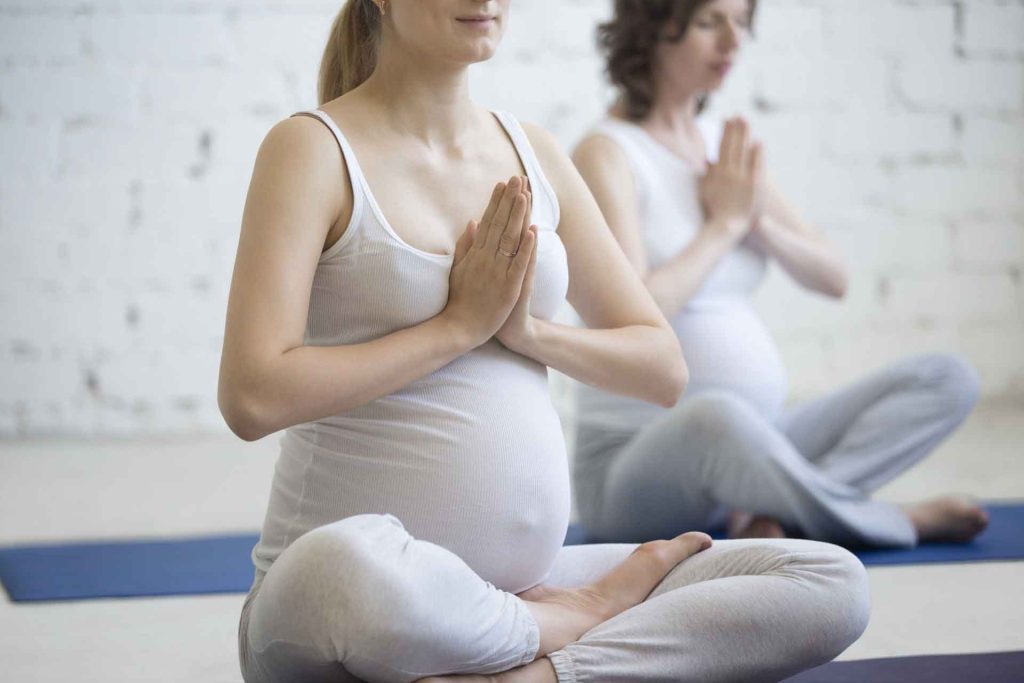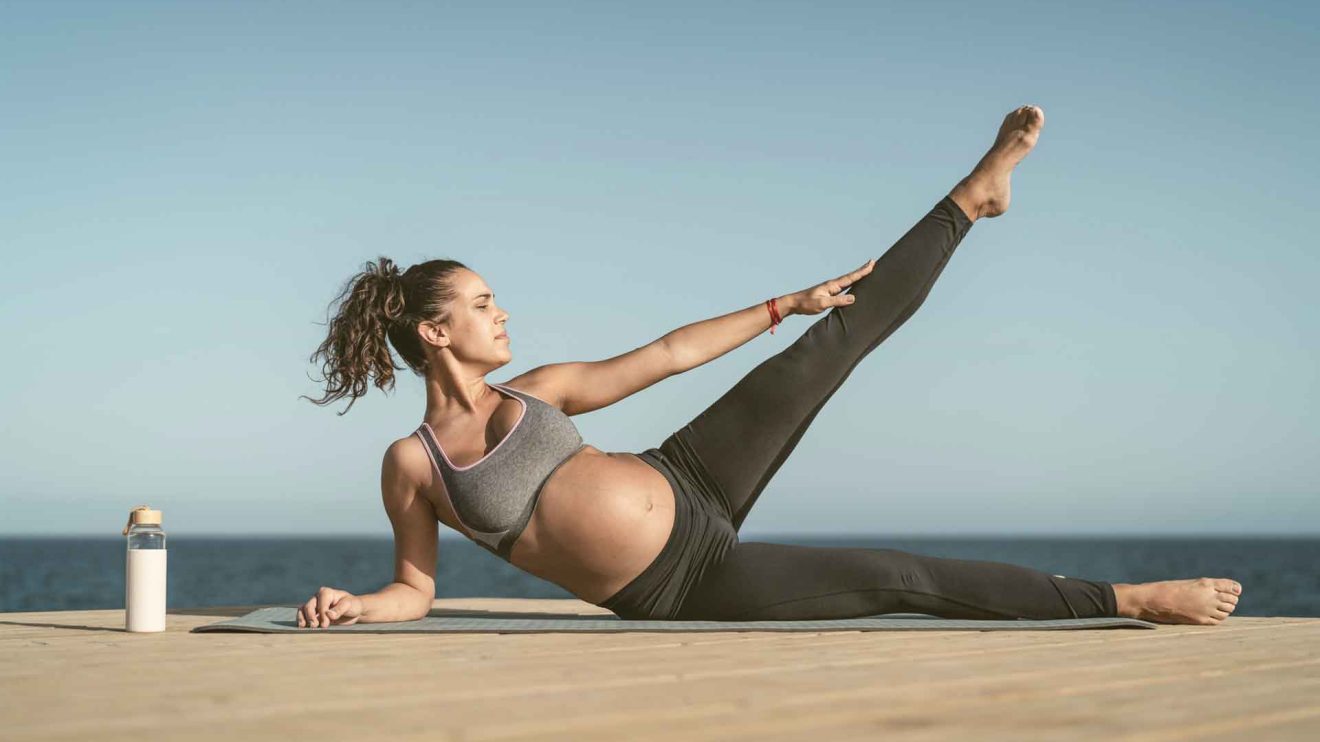Exercise during pregnancy is one of the main keys to maintaining the health of pregnant women and their fetuses. Not only that, regular exercise during pregnancy can also support the delivery process so that it goes smoother later. To find out more about its benefits, let’s look at the following article.
Pregnancy may make pregnant women feel tired more easily or experience certain complaints, such as back pain and constipation. However, don’t let pregnant women get discouraged from exercising just because of that reason. Exercise during pregnancy is important to do regularly so that pregnant women and their fetuses remain healthy.
The following are some of the reasons exercise during pregnancy is so important to do:
- Reducing stress during pregnancy
- Prevents excessive weight gain
- Increase stamina and muscle strength needed during labor and after
- Improve mood and reduce the risk of depression
- Reducing the risk of developing gestational diabetes and high blood pressure during pregnancy
- Reducing the risk of babies born with more than average weight ( fetal macrosomia )
- Reduces back pain, constipation, and bloating
In addition, exercise during pregnancy is also good for supporting fetal brain development. Some research shows that babies born to mothers who regularly exercise during pregnancy can be smarter or have a higher IQ.
Several Sports Options for Pregnant Women

Exercise during pregnancy can indeed provide many benefits for pregnant women. There are several choices of types of exercise that pregnant women can do, including:
- Leisurely strolling
- Swim
- Aerobics specifically for pregnant women
- Dance
- Yoga and Pilates
- Exercise for pregnant women
In addition to the various types of exercise above, doing daily activities, such as cleaning the house, is also a good physical activity to keep pregnant women’s bodies active. In order to stay healthy and fit, pregnant women are advised to exercise regularly for 30 minutes every day or at least 3 times a week.
However, pregnant women should immediately stop exercising if they experience certain complaints or symptoms, such as headaches, chest pain, bleeding or other discharge from the vagina, continuous contractions in the uterus, shortness of breath, fast heartbeat, and lack of fetal movement.
Also, don’t exercise beyond your capacity, especially during late pregnancy. Well, the easiest way to detect exercise that has exceeded your ability is when pregnant women start to find it difficult to speak or feel short of breath when exercising. If pregnant women experience this condition, immediately take a short break.
Types of Exercise that Pregnant Women Should Avoid
To prevent injury or health problems during pregnancy, pregnant women should avoid the following types of sports or activities:
- Team sports that involve a lot of physical contact, such as basketball and soccer
- Scuba diving, because of the risk of causing pressure in the uterus which can harm the fetus
- Movements that increase the risk of falling, such as jumping
- Sports with a fast tempo and requiring rapid changes in body movements, such as badminton, tennis, or martial arts
Even though exercise is important to do, there are certain conditions that make pregnant women advised to be careful when exercising or even avoid exercise. The following are some of the conditions in question:
- Disorders of the cervix
- High blood pressure during pregnancy
- Heart and lung disease, joint pain, anemia, and diabetes that are not handled properly
- Have had or are at risk for preterm labor
- Have had 2 or more miscarriages
- Bleeding from the vagina or blood spots on your underwear
- The condition of the cervix or weak cervix
- The low position of the placenta
Regular exercise can help pregnant women deal with physical changes during pregnancy and build stamina for labor. However, before exercising, check with your doctor first, especially if pregnant women have the conditions mentioned above.
Various Exercise Tips During Pregnancy
Exercising during pregnancy needs to be done with caution. If previously pregnant women did not exercise regularly, start with short-duration exercises starting from 10-15 minutes, then increase slowly to 30 minutes every day.
The following is a guide that can be used as a reference for pregnant women when exercising:
- Wear comfortable loose clothing and a bra that provides good breast support.
- Wear sports shoes that can protect against injury.
- Consume maximum calorie food 1 hour before exercise.
- Warm up before exercise and cool down after.
- Perform the movement on a flat surface to prevent injury.
- Avoid changing your body position suddenly so you don’t get dizzy.
- Consume enough fluids to prevent dehydration.
- Always follow instructions from a trainer or instructor when taking certain classes, such as yoga or Pilates.
If you are still in doubt, pregnant women can consult a doctor to find out more about the types and benefits of exercise during pregnancy. Don’t forget to always adopt a healthy diet, get enough rest, and stay away from bad habits, such as smoking or drinking alcohol, so that the pregnant woman and fetus remain healthy.












Add Comment